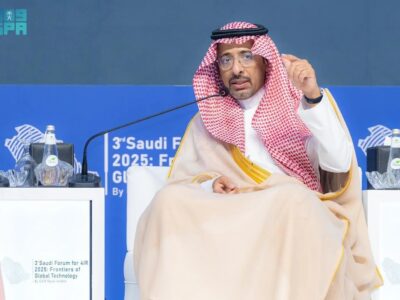Over 15 million young people are expected to enter the workforce in the Middle East and North Africa in the next decade, Ernst & Young said in a report on Tuesday.
Its quarterly Rapid-Growth Markets Forecast said the region’s greatest challenge “will be to create employment and develop the non-oil economy”.
Bassam Hage, MENA Markets leader, Ernst & Young, said: “The average annual growth rate in the labour force in MENA over the next 10 years is expected to be around two percent per year.
“While a growing labour force adds to potential growth in the region, creating jobs for this next generation in MENA will be one of the most important economic developments.”
The forecast urges the promotion of entrepreneurship in MENA and creating the right environment for new businesses, developing the non-oil economy, education and training and targeted public spending on infrastructure.
The report said Qatar, the UAE, Saudi Arabia and Egypt will receive less of a boost from rising oil prices over the next decade but should register an average growth of four percent per year.
It added that Qatar, with its large oil and gas reserves, will continue to be the fastest growing.
Ernst & Young said robust public spending would remain a strong contributor to growth particularly in Qatar and Saudi Arabia.
In Qatar, it said large capital spending increases coupled with rises in wages, pensions and benefits for all state and military employees helped boost the economy.
Saudi Arabia’s GDP growth rate of 6.1 percent in 2011 was largely attributable to support from government spending, especially on infrastructure, it added.
In the UAE, GDP growth has been supported by the oil sector, tourism and business services as well as government spending.
“The UAE economy has been insulated somewhat from the problems in the Eurozone through close links with the fast-growing Asian economies,” Ernst & Young said.
It added that the global downturn and the euro area sovereign debt crisis have depressed growth in the MENA region.
“For oil exporters, the impact is much less, reflecting more government resources to increase spending and their closer links with faster-growing Asian economies rather than Europe,” the report said.








